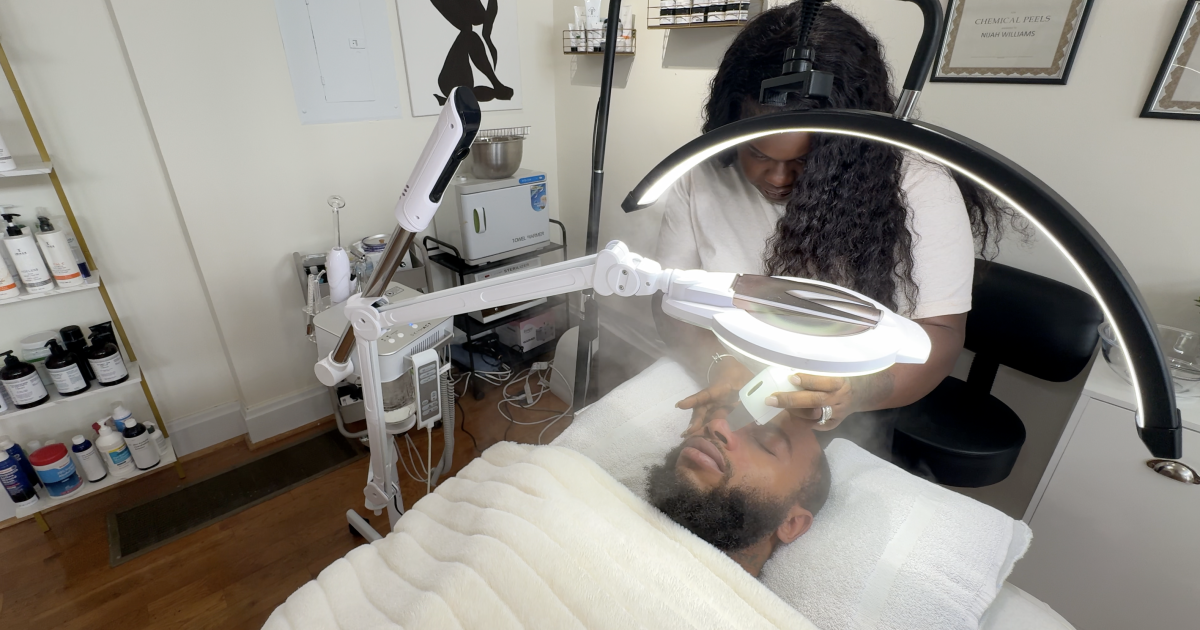CINCINNATI — A new report on Black-owned businesses in Southwest Ohio and Northern Kentucky found their economic impact on the region eclipsed $2.8 billion in 2023.
The Greater Cincinnati and Northern Kentucky African American Chamber of Commerce (AACC) and the University of Cincinnati Alpaugh Family Economics Center for the Greater Cincinnati collaborated on the report that used a database of 1,417 Black-owned businesses spanning eight counties.
Among the key findings, Black-owned businesses generated $1.5 billion in direct sales in 2023 and employed 9,024 people, the report found, adding they supported an additional $1.4 billion in indirect sales, which indirectly supported another 7,448 jobs.
“I think the sexy headline is $2.8 billion,” Eric H. Kearney, AACC president, said. “I would like to see Black-owned businesses spread out and appreciate all of the opportunities and growth that’s available in Ohio.”
Kearney, a former Ohio Senator and current lobbyist, said Black-owned businesses have seen sustained growth over the last several years but not at the rate he hoped.
“[The $2.8 billion figure] only represents about 2%, of Greater Cincinnati’s gross domestic product, so it’s not a huge number,” he said. “The [Black] population percentage is around 12 to 14%, so if you were to compare, that’s not a good comparison.”
Black-owned businesses pushed $2.8B into Cincinnati area’s economy
Historically, entrepreneurial resources like startup capital or investors have not been as accessible to people of color.
“Business ownership provides an opportunity to build wealth for Black or African American individuals,” the report’s authors wrote. “Such an opportunity is particularly significant for Black or African American families, whose median net worth of $24,100 was 7.8 times lower than the median net worth of White families in 2019.”
“I think access to capital, obviously, is really important. I think opportunity is important, which we’re seeing more of in neighborhoods in Cincinnati,” said Matthew Cuff, owner of Just Q’in BBQ. “There’s also an education piece. That’s important for us as African American entrepreneurs. The danger is we can have any two of those and wind up in a really bad situation.”
Cuff began his business as a passion project while working as an engineer at General Electric in 2009. It soon grew into a food truck business. By 2011, he opened his first brick-and-mortar location, thanks to funding through Cincinnati’s inaugural mobile vending program.
“Black businesses are going to bring a different perspective, a different flavor,” Cuff said. “[If] young Black kids in the neighborhood look up and see people that look like them that are in places that they might want to go, and vice versa—I think diversity is important in all walks of life and entrepreneurship and business is no different.”
Kearney said Black businesses thriving — as well as Hispanic and Asian American businesses — means things will only get better for the community.
“The job opportunities increased, schools get better, neighborhoods get better,” Kearney said. “There’s more taxes for roads and bridges and all of that sort of thing.”
Nijah Adams is another small Black-owned business owner in Cincinnati who understands the importance of access to financial resources.
“We may have the ambition to do something we just don’t have that capital,” she said. “I got a second job, and I just built up from my own dollar.”
Adams opened Skin Haven Aesthetics in 2020, using COVID-time small business loans.
“You saw a lot of places opening up and thriving because they just needed that little extra push of capital,” Adams said. “I really expect it to be more, but that comes with making a lot of grants available for minorities and just making it a little easier.”
Kearney said the AACC offers 120 different resources to all entrepreneurs, which you can inquire about here.
